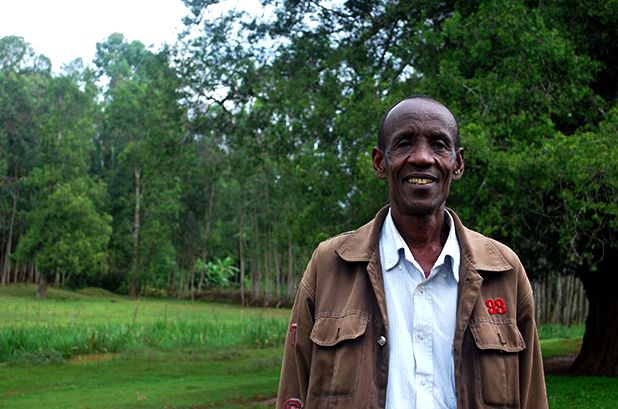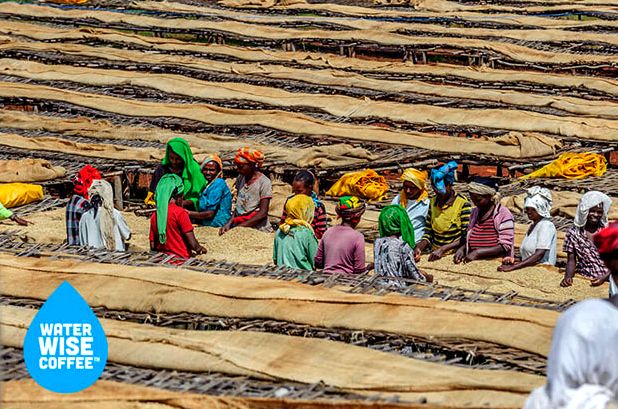
To keep his five children, player Belayneh Otisso depends upon the income he earns offering coffee to his local cooperative’s wet mill. But he frequently begin to see the environmental damage introduced on through the mill every harvest season, if the would send poisonous wastewater to the neighboring river. “When the creatures drank from [the forest], they died. The children in the community were stricken with waterborne illnesses. When the wastewater was applied for irrigation, the crops were destroyed,” he mentioned. The wet mill will have to shut lower for a couple of days at any time when the pollution was a student in its worst, driving lower the price that local maqui berries maqui berry farmers received for coffee.
It’s a problem which has been shared by a lot of coffee-farming communities in Ethiopia. Wet mills, which separate the beans within the cherry that surrounds it, produce a consistent, high-quality product, allowing the cooperatives or businesses that operate those to offer maqui berries maqui berry farmers greater prices. However, older wet mills use bulk water to process coffee, then that water – filled with decaying organic material stripped within the pinto beans – frequently overflows the lagoons where it’s stored, flowing into neighboring rivers. The wet mill proprietors are actually faced having a hard dilemma: operate the mills and degrade the town people’ quality of existence, or shut lower the mills and threaten community people’ livelihoods?
Fortunately, likely to answer that allows wet mills to operate without polluting the rivers. Since 2012, Mother Parkers Tea & Coffee and TechnoServe have partnered round the Water Wise Coffee Initiative to guard the rivers of Ethiopia’s Sidama coffee region. The job works together wet mill keepers to use a cutting-edge treatment for their wastewater problems. With support from TechnoServe advisors, wet mill operators and workers learn how to monitor minimizing their water usage, separate the coffee pulp within the wastewater, and plant vetiver grass wetlands. The wastewater is going to be absorbed with the vetiver grass or evaporates harmlessly in the shallow pool, because the coffee pulp is composted and provided to maqui berries maqui berry farmers as organic fertilizer.

The program helps 49 wet mills over the Kola, Malebo and nearby rivers to use these solutions. In 2015, participating wet mills processed 13,812 metric lots of coffee cherry and converted coffee pulp into over 2,400 metric lots of compost, that is provided to maqui berries maqui berry farmers. Testing downriver from wet mill sites has shown water Wise approach restores rivers for his or her pre-harvest condition.
That’s the problem in Belanyeh’s community. After establishing a vetiver grassland, reducing water usage, and composting the coffee pulp, the area wet mill has already established the opportunity to tell you the harvest season without polluting the area river. Community people can once again utilize the river for laundry, watering their creatures, irrigating their crops as well as other activities. “The vetiver wetland constitutes a genuine improvement in many ways,” Belanyeh mentioned.
Help empower sustainable farming through Water Wise Coffee
Resourse: http://technoserve.org/blog/
Khat tops coffee for Ethiopia farmers
Video COMMENTS:
Synthiotics: Why not just cultivate their own food so they can actually feed themselves…
kaneo22: +Synthiotics seriously, are you retarded ? "They should just eat the coffee then" these people are trying to make money to feed their families. where did they blame the evil white man?.
zerubabel worku: when Spoken "khat" is "CHAt"
Sebastie Cortes: Pffff and nothing about the government helping this poor farmers
DEVILS CHILD: The commentator's voice is annoying !
